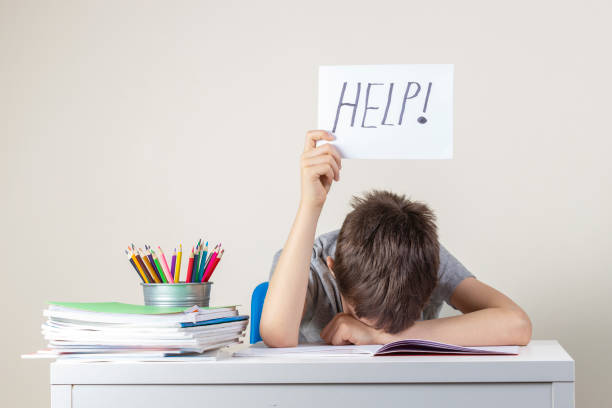Boarding school can be an incredible experience, filled with lifelong memories and friendships, but it can also come with its own set of challenges.
Life In A Boarding School
In this blog post, I’ll be discussing the good, the bad, and the ugly of life in a boarding school. From academics to social life, I’ll provide an honest look at what life is really like at a boarding school.
The Good

Life in a boarding school can be a wonderful experience. Students often gain independence, responsibility, and maturity by living away from home and taking on the challenges that come with boarding school life.
Students are encouraged to form close relationships with their peers and staff, creating a tight-knit community within the school.
There are also plentiful opportunities for learning and growth through engaging academics, extra-curricular activities, and new experiences that would not be available to a student otherwise.
In addition, boarding schools often have great facilities with modern technology and resources that can help students achieve their academic and personal goals.
All of these factors make for an enriching and rewarding experience for those who decide to take on the challenge of boarding school life.
Boarding schools often offer services such as mental health counselors, peer support groups, tutoring services, and even career counseling for when students graduate.
These services are designed to help students cope with the stresses of being away from home and navigating through their academic careers.
Furthermore, many boarding schools have established an open-door policy for parents and guardians, allowing them to stay involved in their child’s education while they’re away.
The Bad
Life in a boarding school can be hard and there are some downsides to consider. For starters, the living situation can be difficult for students who are used to living at home with their families.
With no parents or family members around, students must take on a greater degree of independence and responsibility. This can be a huge adjustment for many students.
In addition, students must learn to cope with homesickness, loneliness, and missing out on time spent with friends and family.
Many schools have limited access to technology, making it difficult for students to stay connected with their loved ones.
These feelings of homesickness and loneliness can be especially difficult during holidays and school breaks when many of the other students go home.
Finally, many students struggle with the strict rules and regulations of a boarding school. With less freedom than in a typical home setting, students may feel like their independence is restricted.
This can be difficult for teens to adjust to, as they become used to having fewer boundaries and more freedom to make their own decisions.
Students often feel isolated from peers since there is typically only one large dorm that houses all the students. This makes forming close friendships more challenging since everyone lives in the same area.
Plus, most boarding schools do not allow any visitors which can leave students feeling lonely and disconnected from their families.
Most activities occur within the confines of the school grounds, leaving students without much opportunity to explore the outside world.
The Ugly

Speaking of the ugly, life in a boarding school can be tough at times. You’re away from home and your family, and it can feel like you’re stuck in a new, unfamiliar place.
You may feel lonely and isolated, especially if you don’t make friends quickly or if the other students are cliquish.
Living with so many other people also means that things can get crowded and noisy, which can be overwhelming.
You may also feel overwhelmed by all of the academic demands placed on you. This can cause you to become stressed and anxious, leading to feelings of homesickness and depression.
There are some things about boarding school life that just aren’t great: eating the same cafeteria food every day, limited access to extracurricular activities, and missing out on important events at home (like holidays, birthdays, and graduations).
These are all valid concerns that should be taken seriously. Luckily, most boarding schools do their best to provide an environment where students can thrive, learn, and grow into successful adults.
There may be times where conflicts arise between roommates or between students and faculty members, which could create a stressful environment.
Furthermore, because of the strict rules set by the school, there may be limited freedom when it comes to making decisions about day-to-day activities and lifestyle.
conclusion
Overall, life in a boarding school can be a unique and rewarding experience. It offers students the opportunity to learn valuable skills like time management and self-sufficiency in an environment surrounded by peers and teachers.
With the right approach, boarding school can be an invaluable part of a student’s academic and personal growth.
However, it is important to remember that the culture of boarding school can be quite different from home life, so it is important for students and families to understand the implications of attending a boarding school before making a decision.
With that in mind, boarding school can be a fantastic opportunity for those willing to take it on!
Students are encouraged to build relationships with their classmates, get involved in extracurricular activities, and develop their independence.
Many schools also offer excellent programs designed to help students explore their passions, such as art or music. Plus, there are often plenty of support services available to assist with any difficulties or challenges.
Living away from home helps students to gain confidence and learn how to advocate for themselves while dealing with difficult situations they may encounter in college or the professional world.
Finally, living away from home gives students the chance to learn more about who they are as individuals while having all of their basic needs met food, shelter, safety all provided within a supportive environment.






